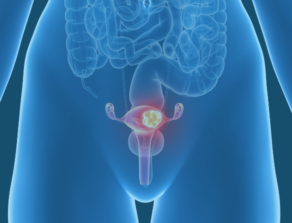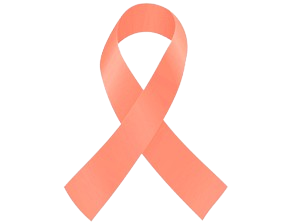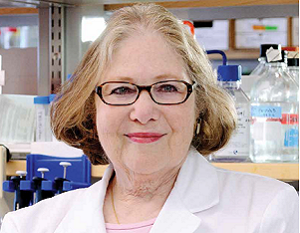Uterine Cancer
About Uterine Cancer
Uterine cancer, also known as endometrial cancer, is the fourth most common cancer for women and the most commonly diagnosed gynecologic cancer in the United States.
Uterine Cancer Key Facts
- An estimated 67,880 new cases of uterine cancer will be diagnosed in the U.S. in 2024, with around 13,250 deaths expected to result from the diagnosis.
- The incidence of uterine cancer is rising, mainly due to a rise in obesity, which is a key risk factor for this disease.
- Affecting mainly post-menopausal women, the average age of women diagnosed with uterine cancer is 60 years old.
- The overall five-year survival rate for Caucasian women with uterine cancer is 84% versus 63% for African American women. This cancer is slightly more common in African American women, and they are more likely to die from it than Caucasian women.
- Today, there are more than 600,000 uterine cancer survivors in the U.S.
Sources: American Cancer Society’s Cancer Facts & Figures 2024 and American Society of Clinical Oncology (Cancer.Net)

- A healthy diet and maintain a healthy body weight
- Be active
- Discuss the pros and cons of hormone therapy with your doctor
- Get treated for endometrial problems
- Talk to your doctor if you have HNPCC (hereditary nonpolyposis colon cancer, or Lynch syndrome)
- Birth control pills – can lower the risk
- Pregnancy – More pregnancies can help protect against endometrial cancer
- Using an intrauterine device (IUD) – can lower the risk
Resource: Endometrial Cancer Risk Factors | American Cancer Society
If you have any of the symptoms below, it does not mean you have cancer but you should see your doctor or health care professional so that the cause can be found and treated, if needed.
- Vaginal bleeding after menopause
- Bleeding between periods
- Pelvic pain, unexplained weight loss
Source: American Cancer Society’s website 2024
- Obesity
- Hormone factors
- Total number of menstrual cycles – more menstrual cycles during a woman’s lifetime raises the risk
- Ovarian tumors
- Polycystic ovarian Syndrome
- Age – risker as women get older
- Diet in high fat
- Diabetes – twice as common in women with type 2 diabetes
- Family or personal history
- Breast or ovarian cancer
- Endometrial hyperplasia
- Prior pelvic radiation therapy
Resource: Endometrial Cancer Risk Factors | American Cancer Society
NFCR-Supported Researchers Working on Uterine Cancer
Wei Zhang, Ph.D.
Wake Forest Baptist Medical Center
Paul Fisher, M.Ph., Ph.D.
Virginia Commonwealth University School of Medicine
Kathryn B. Horwitz, Ph.D.
University of Colorado School of Medicine














